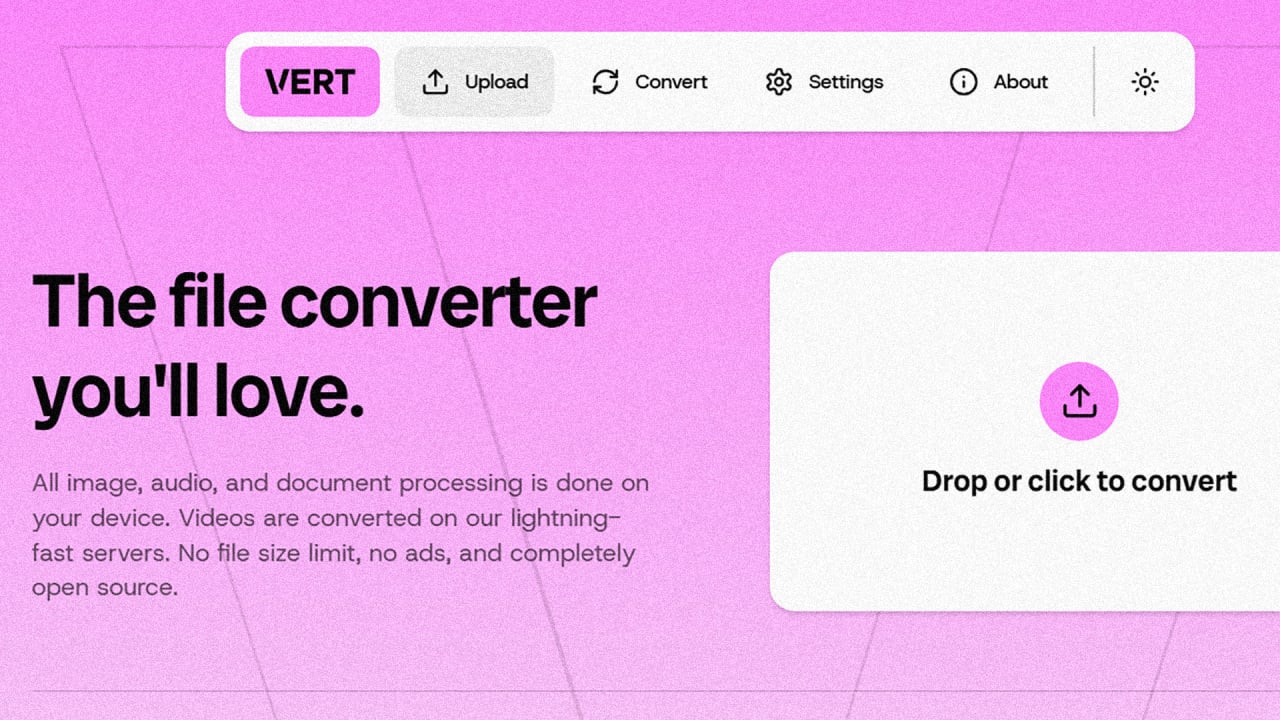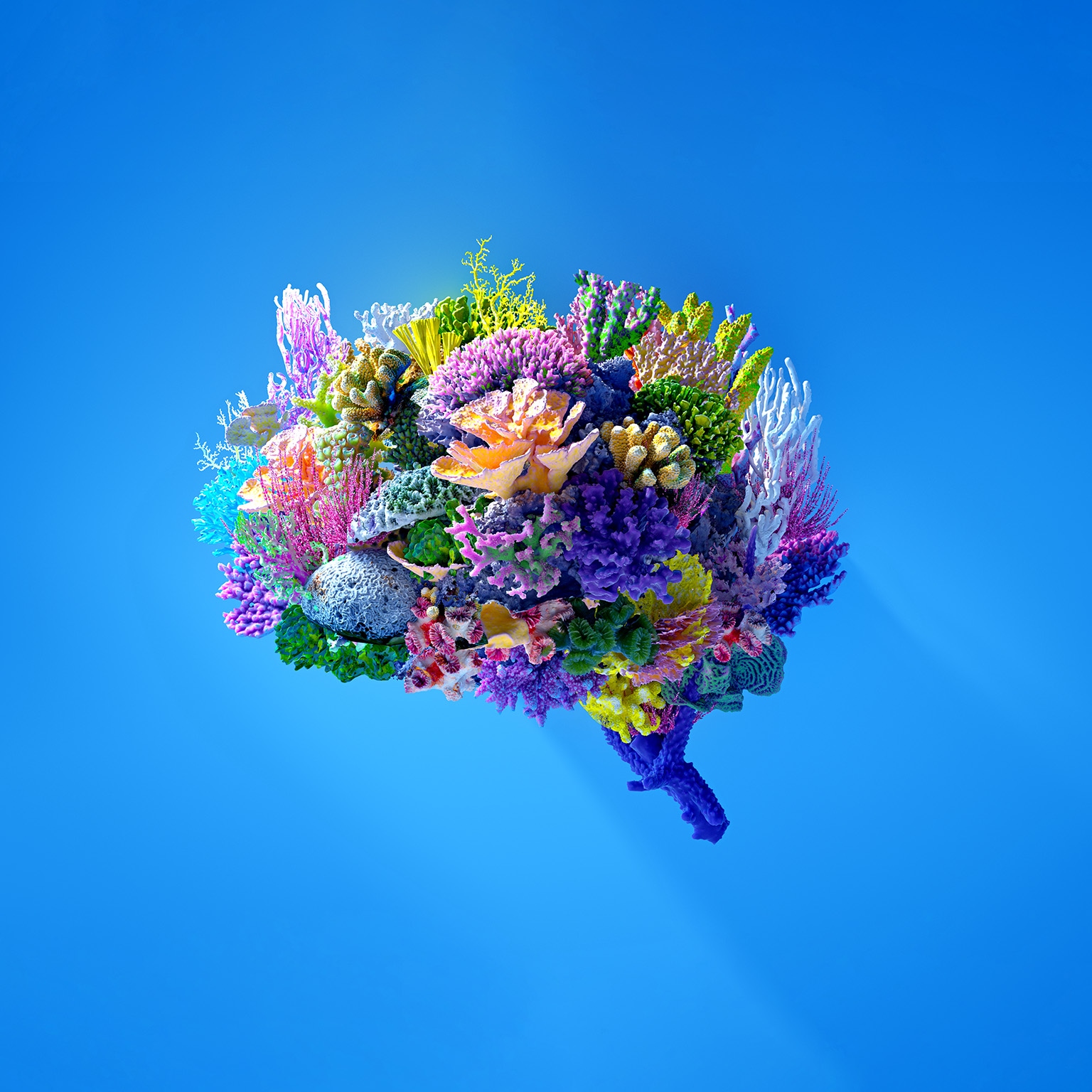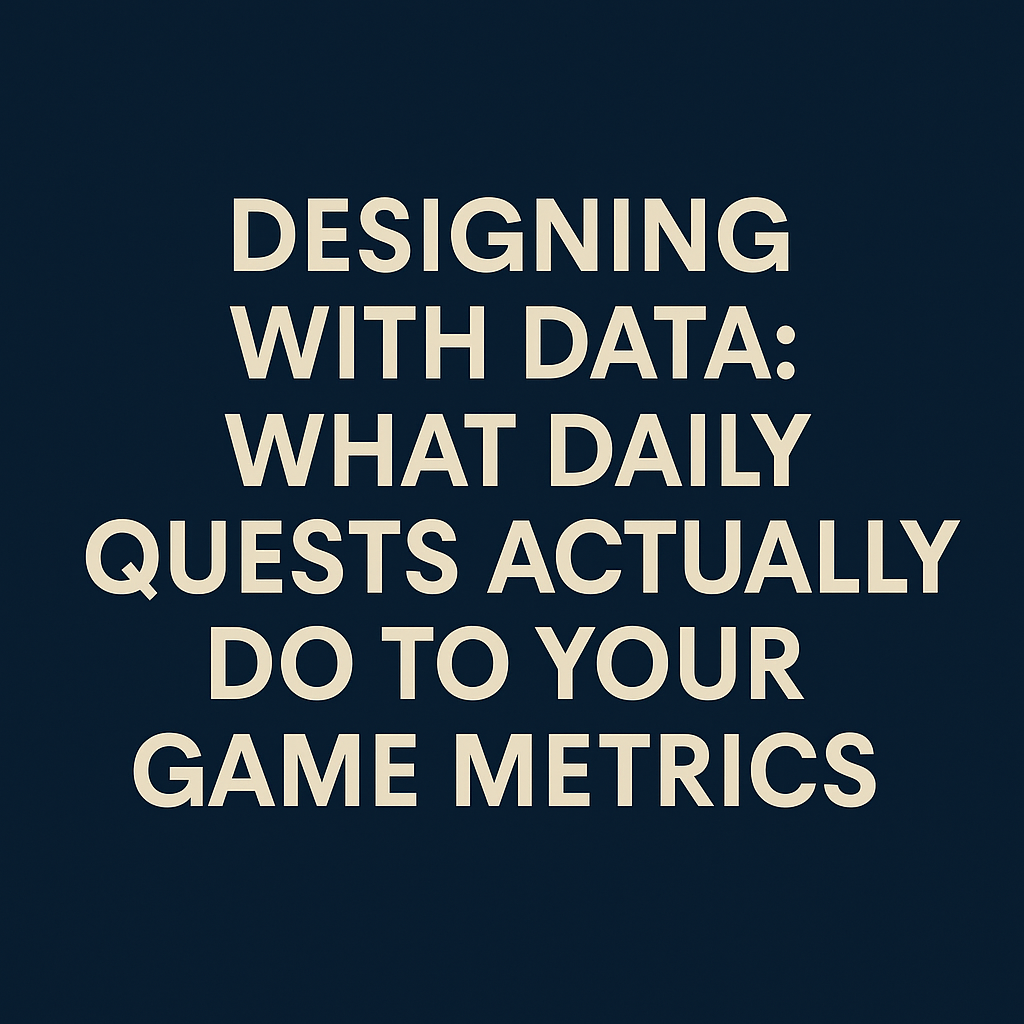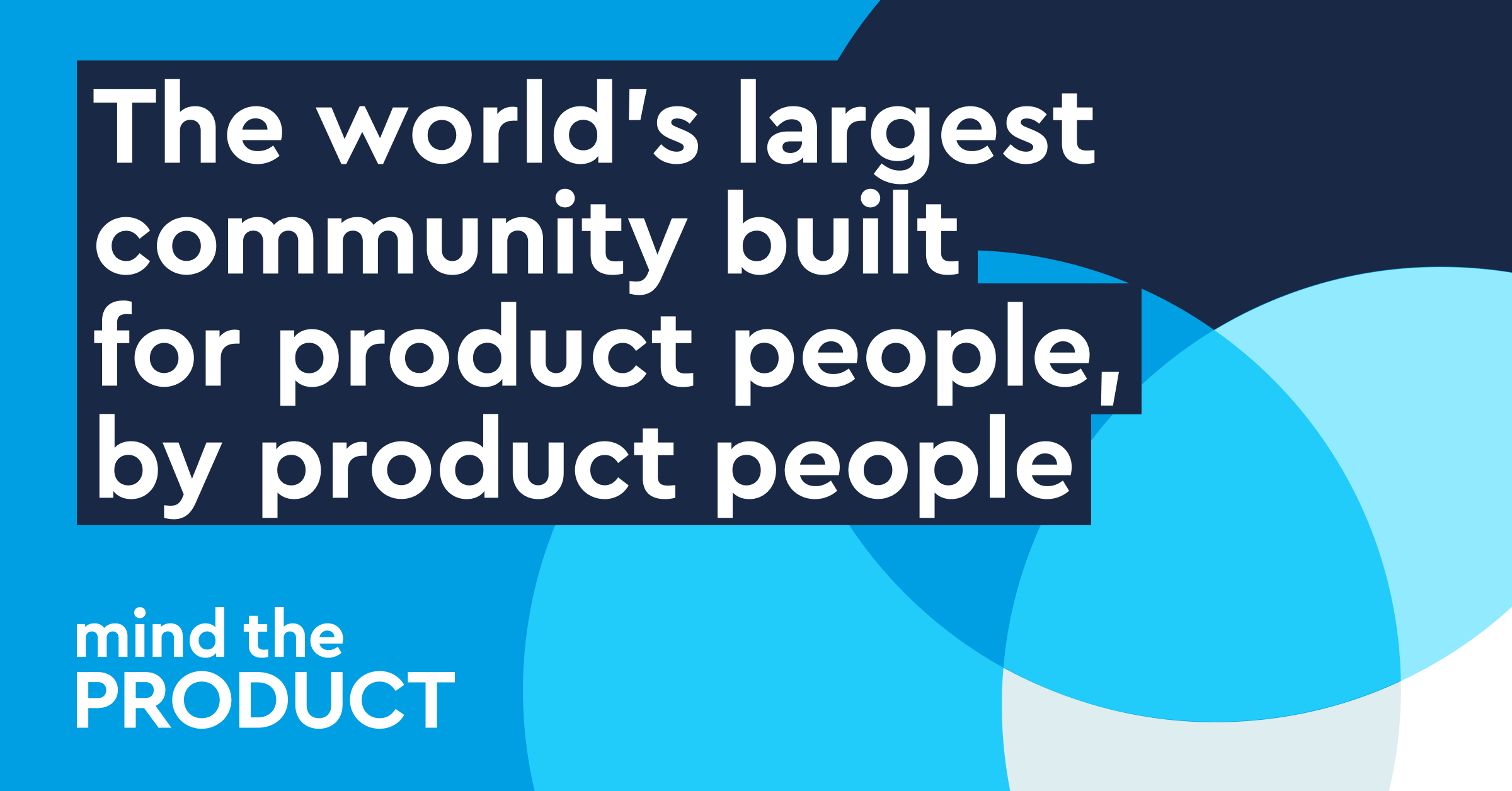Custom AI Development: Revolutionizing Business Solutions
custom ai development
In today’s tech-driven world, custom AI development has become the cornerstone for businesses seeking tailored solutions to complex challenges. By leveraging the power of artificial intelligence, organizations can create intelligent systems designed specifically for their needs, offering unparalleled efficiency, automation, and insights.
This comprehensive guide explores the importance of custom AI development, its benefits, applications, and how businesses can harness its potential to stay ahead of the curve.
What is Custom AI Development?
Custom AI development refers to the creation of artificial intelligence systems tailored to address specific business requirements. Unlike off-the-shelf AI solutions, custom AI is designed with a business's unique workflows, challenges, and goals in mind.
By personalizing AI algorithms, models, and infrastructure, companies can achieve greater precision, performance, and adaptability.
Benefits of Custom AI Development
1. Tailored Solutions
Custom AI is designed to solve specific problems, ensuring better alignment with business objectives compared to generic solutions.
2. Competitive Advantage
Businesses gain a significant edge by implementing unique AI-driven capabilities that competitors lack.
3. Scalability
Custom AI systems can be scaled up or down based on the growth and changing requirements of the business.
4. Integration with Existing Systems
Custom solutions seamlessly integrate with existing infrastructure, minimizing disruptions and enhancing efficiency.
5. Data Optimization
By leveraging a business's proprietary data, custom AI models generate actionable insights and improve decision-making processes.
Applications of Custom AI Development
1. Predictive Analytics
AI models analyze historical data to forecast trends, enabling businesses to make data-driven decisions.
2. Natural Language Processing (NLP)
Custom NLP applications improve communication through chatbots, sentiment analysis, and language translation tools.
3. Computer Vision
From facial recognition to object detection, custom computer vision applications are used in industries like healthcare, retail, and security.
4. Automation
Custom AI streamlines repetitive tasks, reduces human error, and enhances operational efficiency.
5. Personalized Customer Experiences
AI systems analyze customer preferences and behaviors to deliver tailored experiences, boosting satisfaction and loyalty.
6. Fraud Detection
In sectors like fintech app development services and e-commerce, custom AI detects fraudulent activities and mitigates risks in real-time.
Steps in Custom AI Development
1. Identify Business Goals
Clearly define the problems you want to solve or the processes you want to optimize.
2. Data Collection and Preparation
Gather and preprocess relevant data to train and validate AI models.
3. Algorithm Selection
Choose algorithms that best suit your objectives, such as machine learning, deep learning, or reinforcement learning.
4. Model Development
Develop and fine-tune the AI model to ensure high accuracy and reliability.
5. Integration and Testing
Integrate the AI solution into existing systems and rigorously test it to identify and resolve any issues.
6. Deployment and Maintenance
Deploy the solution in the production environment and continuously monitor its performance for improvements.
Industries Leveraging Custom AI Solutions
1. Healthcare
-
AI aids in diagnostics, treatment planning, and drug discovery.
-
Custom models analyze medical images and patient data for personalized care.
2. Finance
-
Fraud detection, credit scoring, and algorithmic trading benefit from tailored AI systems.
-
Predictive analytics helps manage risks and improve financial planning.
3. Retail and E-commerce
-
AI personalizes product recommendations, optimizes inventory, and enhances customer support through chatbots.
4. Manufacturing
-
Predictive maintenance and quality control are powered by AI, ensuring efficiency and cost savings.
5. Transportation
-
AI enables autonomous vehicles, route optimization, and efficient logistics management.
Challenges in Custom AI Development
1. Data Availability and Quality
Poor or insufficient data can limit the performance of AI models.
2. High Development Costs
Custom AI solutions require significant investment in terms of time, expertise, and resources.
3. Ethical Considerations
Developers must address concerns like data privacy, bias, and transparency.
4. Integration Complexity
Seamlessly integrating AI with legacy systems can be a technical challenge.
Choosing the Right AI Development Partner
When selecting a partner for custom AI development, consider the following factors:
-
Expertise: Choose a company with proven expertise in AI technologies and your specific industry.
-
Portfolio: Review case studies or projects to assess the partner’s capabilities.
-
Customization Capability: Ensure the provider can create tailored solutions that meet your unique needs.
-
Support and Maintenance: Opt for a partner who offers ongoing support to ensure long-term success.
Future Trends in Custom AI Development
As AI continues to evolve, businesses can expect several advancements, including:
-
Explainable AI (XAI): Improved transparency in AI decision-making processes.
-
AI-as-a-Service: Subscription-based models for scalable and cost-effective AI solutions.
-
Edge AI: On-device AI processing for real-time insights and reduced latency.
-
Integration with IoT: AI-powered IoT devices enhancing automation and connectivity.
Conclusion: Why Custom AI Development is a Game-Changer
Custom AI development empowers businesses to innovate, optimize processes, and deliver exceptional results. By investing in tailored AI solutions, organizations can unlock new opportunities and thrive in an increasingly competitive market.
































































![https //g.co/recover for help [1-866-719-1006]](https://newsquo.com/uploads/images/202506/image_430x256_684949454da3e.jpg)

























![How Smart PMs Scale Their Careers in Any Org [TPG Live Recap]](https://tpgblog.com/wp-content/uploads/2025/06/2025-06-12-thumbnail-action.png?#)



















































